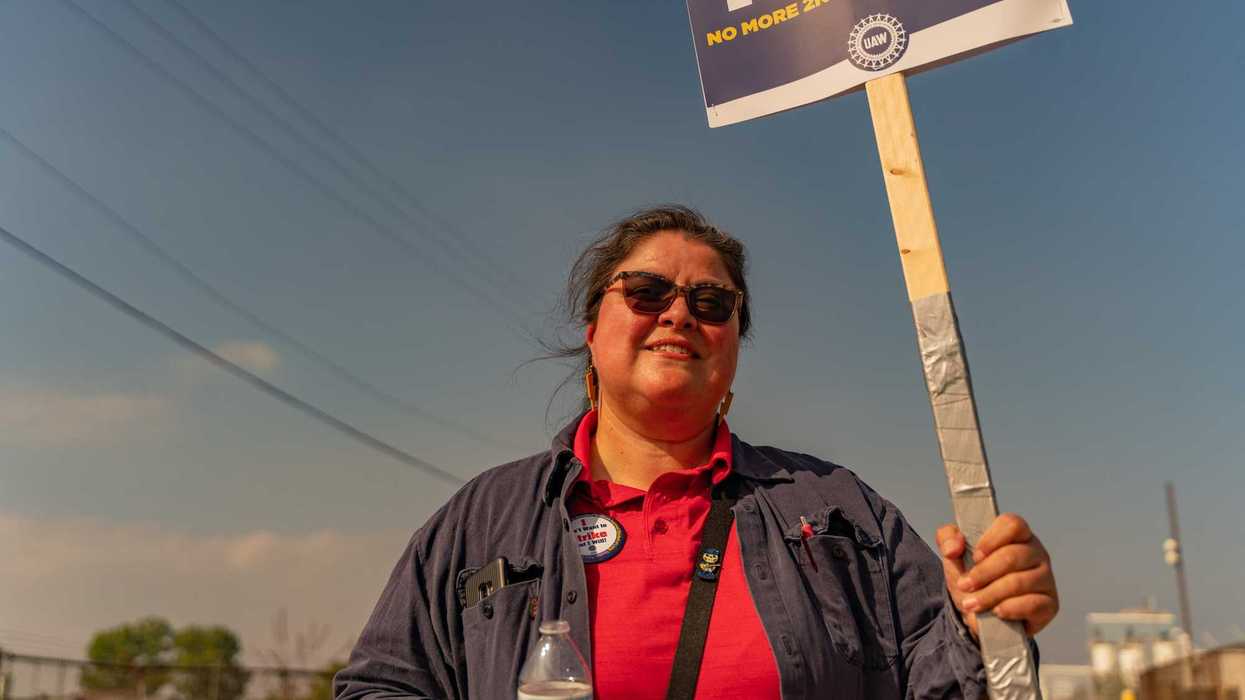Hope is the thing with feathers--
That perches in the soul—
And sings the tune without the words--
And never stops—at all. (Dickinson)
Many are apprehensive about the “changing of the guard” on January 20th, Inauguration Day. Many are remembering another January day just over four years ago when the very foundations of our democracy were challenged.
The New Year, often represented by a baby toting a banner proclaiming the year’s start, parades toward a path unknown and yet unmarred. That baby brings an essential ingredient to our concept of time, infuses us with possibility, and generates hope.
Promising, except, for many, this looming unknown, or perhaps, too well-known, is the Presidential Inauguration and new administration.
We are all afflicted to an extent by the dilemma of having had “enough,” when a personal situation, or a worldly one, has us losing hope. But tuning out does not bring any long-term answers. Engaging, reading, and listening to others’ viewpoints helps us to understand, and this information and awareness are the tools to trigger change. Yes, we will find villains, evilness, and injustice, but we will also discover heroes, inspiration, and hope.
Still these feelings of disempowerment often take root in our psyches and our lives, and hope seems in short supply lately. But hope is not situational. Hope is a choice.
“For such a time as this.” (Esther: 4:14) Esther of the Old Testament risked her life to step forward and save her people. There was then, and there is now, such a time. Apathy turns to action if the moment is seized, and one moment begats the next. Change happens by the stirring motion of such action.
Hope is believing we can use our lives to shape a better world for ourselves and those we share this planet, and this time, with. This promise that we can do better, and the world can be better, exists in each day, in every moment.
From the waving ribbon of the past toward the future road unknown, this moment, this now, marked, or unmarked, dominates. It is the only time guaranteed, the only true place for empowerment and actuality, the only surety any of us have. There is even a wrist-watch sold displaying this truth about time. It has no numbers, only the word “NOW” printed where each number would be.
The countdown minute into 2025 was really no different than the other “525,600 Minutes” in a year, as the musical “Rent” proclaims in its hit song. Sure, numerical measurements tally the ticking clock, months or weeks of a year, or years of a lifetime. But as the song and our hearts tell us, those are not the true measurements. What then is?
Hope, yes. And as “Rent” proclaims, and as we, and the Beatles, know, love. But the Beatles are not right in “all you need is love.” There is yet another intangible, but critical, element to add: faith.
Is all this hope and love and faith stuff too simplistic a solution, too much spin-off from recent holiday platitudes? More likely, the opposite is true.
Faith in ourselves and each other is the foundation of our hope, faith that if wrong choices are made, we can, and will, right them.
Hope, love, and faith, played out in the “now.” Could be a worthy New Year’s resolution, one to be infused, grow, and live. Or perhaps, more accurately, a resolution for “now.”
How better to fulfill that which Flaubert calls the most crucial aspect of living:
“The principal thing in this world is to keep one’s soul aloft.”
Amy Lockard has a Master’s Degree in English Literature from the University of Northern Iowa (1994) and has continued classes at the Iowa Writers' Workshop. She has published several short stories, and poetry.




















Why does the Trump family always get a pass?